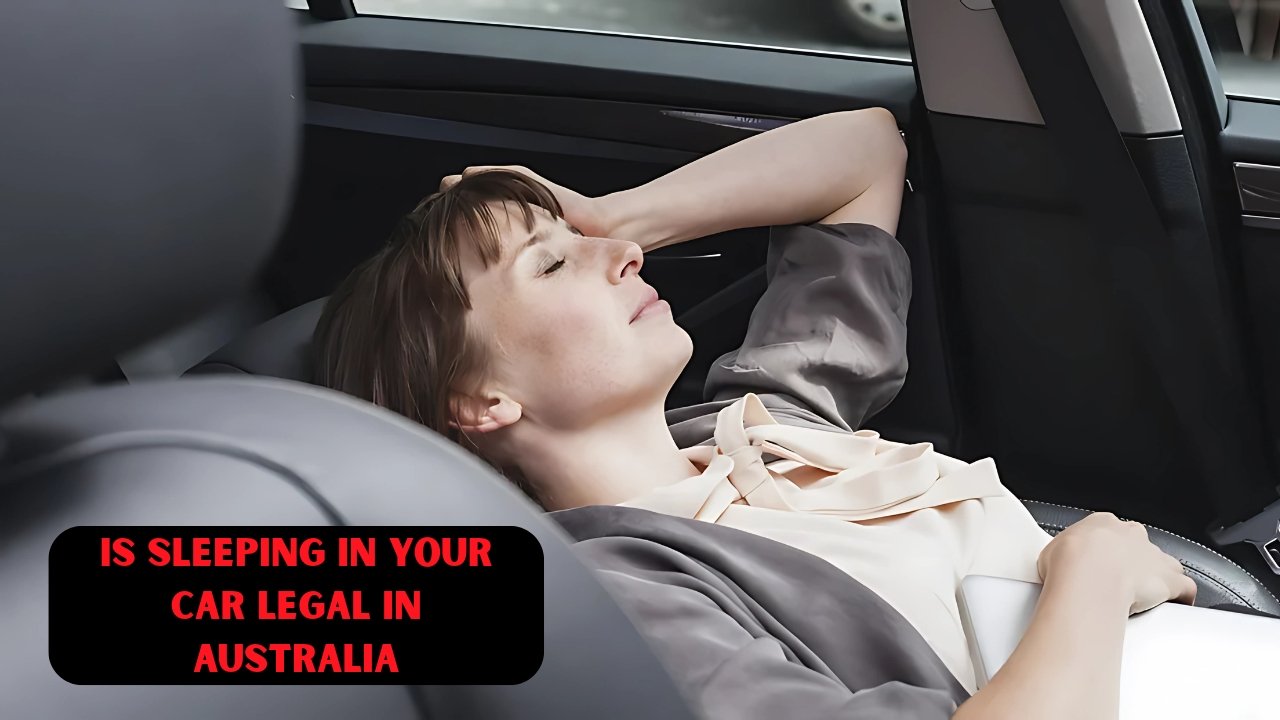Car living is technically legal in most areas of Australia, but each state and territory will have its own regulations- and local councils frequently have more regulations that must be adhered to carefully to avoid fines and hassles. Legal status in Australia varies across the states, and is subject to change once legislation is enacted to amend the rights of individuals with disabilities in Australia.
State-by-State Data Table
| State | Sleeping in Car Legal | Designated Area Needed |
|---|---|---|
| Queensland | Yes | Yes |
| NSW | Yes | Sometimes |
| Victoria | Yes | Sometimes |
To Australians who adopt the van-life or nomadic lifestyle or those with housing insecurity, a car is a viable though unconventional solution. Generally speaking, the mere fact that someone chooses to live in a car or even is forced to live in a car is not a crime. Indeed, sleeping in your car is occasionally recommended to overcome fatigue on long journeys, and even some jurisdictions propose doing so as a safer substitute to driving after consuming alcohol.
State and Territory variations exist across the board State, and Territory differences.
Nevertheless, every state responds to such situations differently. In Queensland, it is also the case that anybody who sleeps in their car is camping, and it should do so within a camping area. Queensland has a reputation of having the most strict interpretation on the aspect of vehicle-based camping.
Conversely, the Northern Territory has no ban on camping in your car, however, it is against the local culture and resources and highly discouraged to do so anywhere except a designated camping ground. Their government site will tell you where you can camp and will also provide you with tips to use when travelling to remote areas like whether you need a four-wheel-drive or not.
The Local Council Rules and Enforcement comprise the rules of the Local Council that may be enforced upon violations within the school district.
New South Wales and Victoria lack statewide policies and legislation that criminalize sleeping or residing in your car. However, local councils can control or limit the practice; particularly in busy or crowded localities. E.g. in certain areas of the NSW northern coast, bans on car park camping are actively enforced under the excuse of overcrowding and amenities overstrain. Cities such as Sydney require motorists to take care in terms of signages that show the boundaries of the parking areas and places where camping is illegal since the fines on default are the cost of staying in the hostels in many instances.
The practical consideration and safety are crucial aspects that must be taken into account.
Street signs and council regulations are important to learn before making the decision to sleep in a car. It is merely a case of simple advice in most states; park at your own risk. In any case of confusion, a visit to the local police station or council would be able to shed some light on what is allowed. Car sleepers are also advised not to leave on the air-conditioning overnight because, in this case, carbon monoxide poisoning incidences due to leaking air-con systems are fatal.
The trends and social acceptance that are currently observed are:
Living in a car-free lifestyle remains appealing to Australians, both to travel, live minimally or economically. The practice is widely accepted albeit with few limitations as long as the residents abide by the local laws and observe safety. Some of the ways to prevent unexpected surprises are to check the resources of the government or to talk to the local authorities before deciding to settle down in a vehicle.
Frequently Asked Questions
Is anyone allowed to live in his or her car anywhere in Australia?
No; local council regulations and signs can limit or even forbid vehicle accommodation at some locations.
Is it lawful to park at a car and sleep at night after attending a bar?
Sleeping in your car to avoid driving under the influence is accepted in most jurisdictions but first, check the signage and council regulations.
Is there any safety issue with sleeping in a car?
Yes; do not sleep when the air-conditioning is on because there are chances of carbon monoxide.


